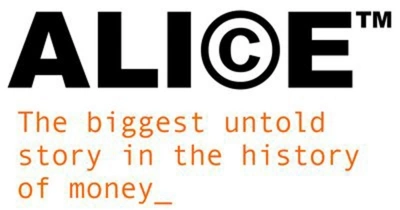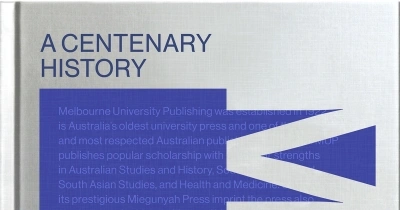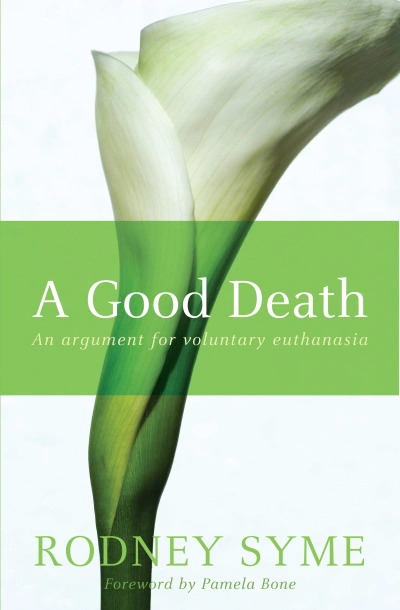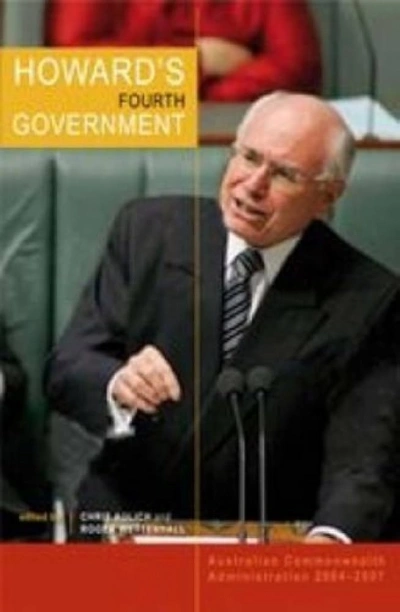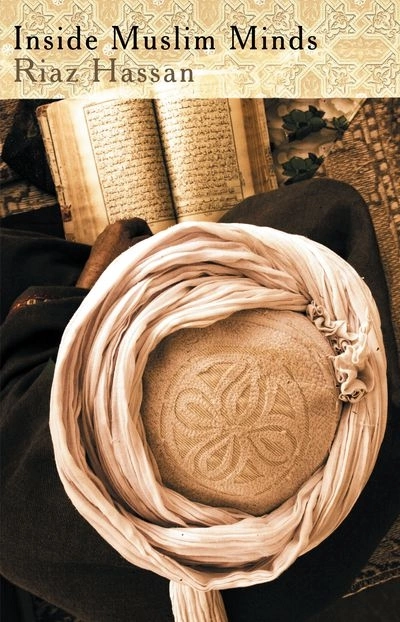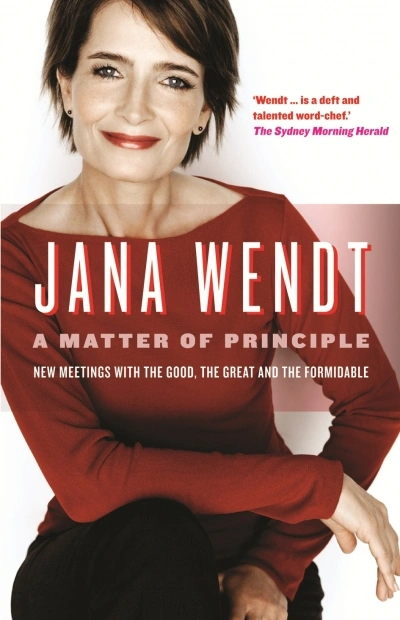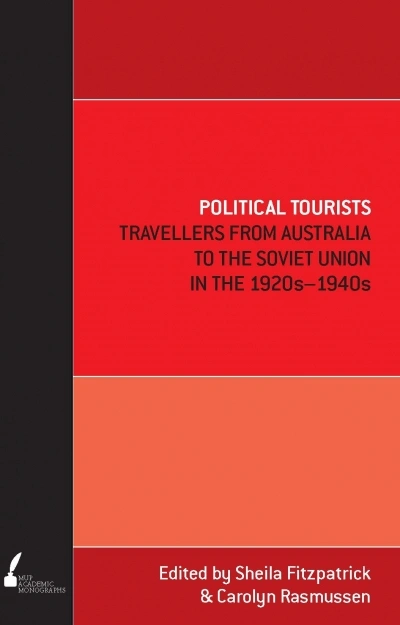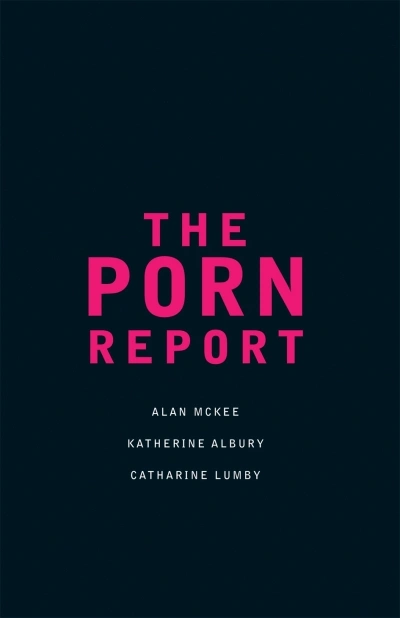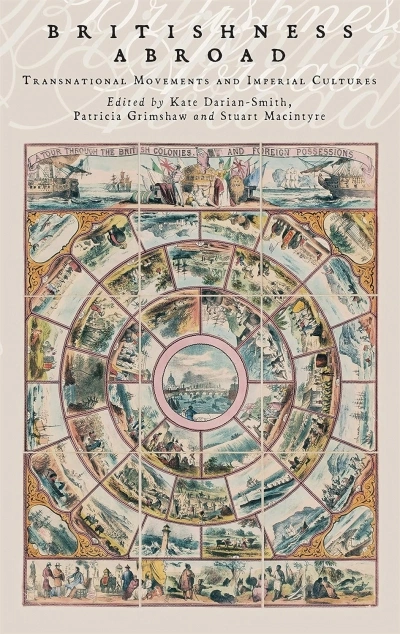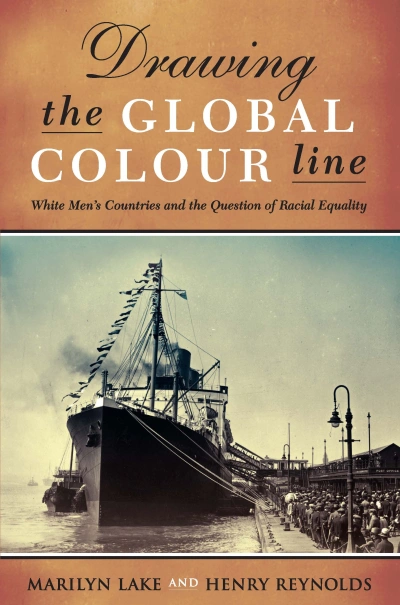MUP
Alice™: The biggest untold story in the history of money by Stuart Kells
by Gideon Haigh •
A Good Death: An argument for voluntary euthanasia by Rodney Syme
by Jay Daniel Thompson •
Howard’s Fourth Government by Chris Aulich and Roger Wettenhall (eds) & Inside Kevin 07 by Christine Jackman
by Norman Abjorensen •
A Matter of Principle: New meetings with the good, the great and the formidable by Jana Wendt
by Gillian Dooley •
Political Tourists: : Travellers from Australia to the Soviet Union in the 1920s–1940s edited by Sheila Fitzpatrick and Carolyn Rasmussen
by John Thompson •
The Porn Report by Alan McKee, Katherine Albury and Catharine Lumby & Princesses and Pornstars by Emily Maguire
by Jay Daniel Thompson •
Britishness Abroad: Transnational Movements and Imperial Cultures edited by Kate Darian-Smith, Patricia Grimshaw and Stuart Macintyre
by Gillian Dooley •
Drawing the Global Colour line: White men’s countries and the question of racial equality by Marilyn Lake and Henry Reynolds
by Warwick Anderson •


